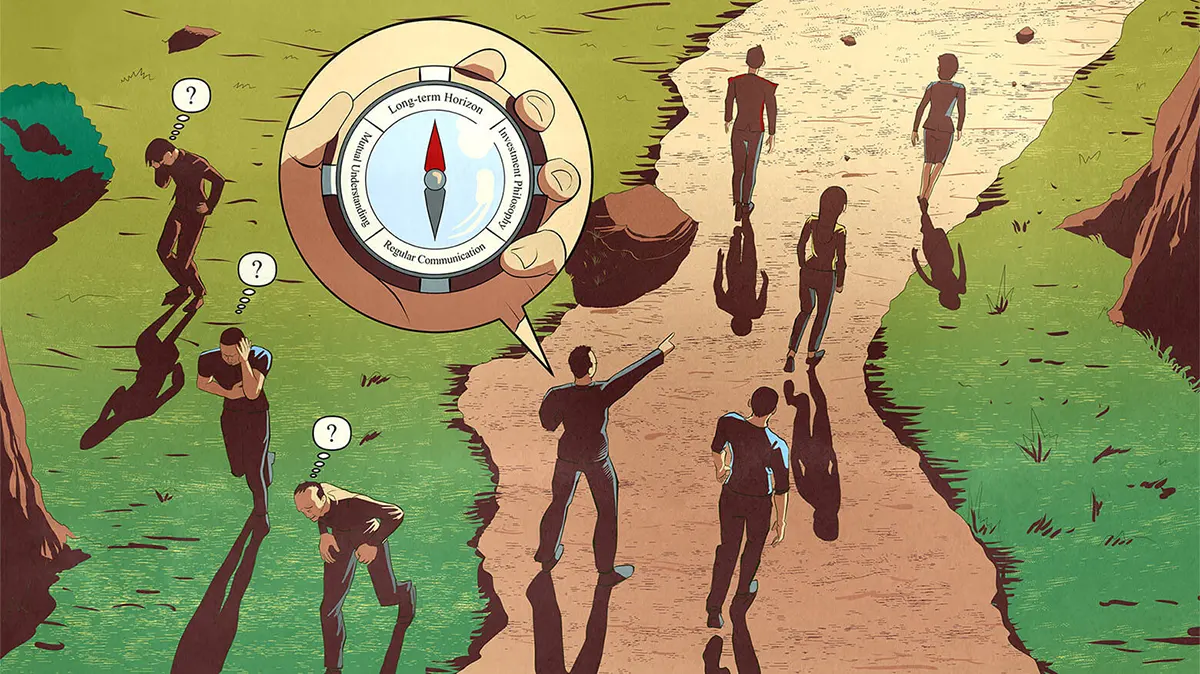A client asked recently for my view on Japanese conglomerate SoftBank Group and its substantial investment in WeWork, whose CEO evidently has sold WeWork stock to buy properties in New York City and California that he has leased back to WeWork. The question on my client’s mind is whether this transaction is a conflict of interest (SFTBY)
The truth is that my firm is not as big a fan of WeWork as is Softbank’s CEO and Chairman, Masayoshi Son. WeWork is to us a real estate company that borrows long-term by buying office real estate or entering into office leases, and lending short-term by breaking large office spaces into small offices and leasing them out fully furnished for periods ranging from days to months.
My firm spent a lot of time analyzing WeWork’s competitor Regus a few years ago. Regus actually pioneered this business model. We came to the conclusion that the only number which matters for this business is utilization (percent of real estate leased). If WeWork is able to lease out 90% of its space, it will be a highly profitable enterprise. If the utilization drops to, let’s say, 60%, then it will start losing money and implode. This is a classic high-fixed-cost business with variable and cyclical revenues.
In contrast, Son looks at WeWork as the future of the collaborative workplace. We have our doubts. Softbank’s Vision Fund invested a few billion into WeWork, valuing it as high as $40 billion. Then came the Wall Street Journal story about WeWork CEO Adam Neumann buying properties in New York City and California and leasing them back to WeWork.
Here’s our view: By buying Softbank’s shares we effectively hired Son — a brilliant investor, a visionary — on the cheap (we are paying a 50% discount for Softbank’s shares relative to our estimate of their value) to make capital allocation decisions for us. Do we agree (or even understand) every capital allocation decision he makes? Absolutely not. He has a unique view of the world and has built an enormously successful company from scratch by getting a lot more things right than wrong.
Does Son make mistakes? Of course. Do all his bets play out? Absolutely not. Investing in private or public companies is not an exact science; it’s a messy, nonlinear, probabilistic endeavor. We analyze Softbank and Son the same way we’d want to be analyzed as money managers. We are asking the same question that our clients should be asking about every decision we make, namely:
• Does Son have integrity and intelligence?
Son’s decisions over the last 30-plus years are in the public record. We have never, even once, questioned his integrity, and he is one of the most brilliant people we have ever admired from afar.
• Does Son follow a deliberate decision-making process?
Son thinks about the future, identifies inevitable future areas of transformational growth (in the ’80s personal computers, in the ’90s the internet, in the 2000s wireless internet, smart phones, and ecomerce in China; and today it is the Singularity — computers becoming smarter than humans) and then finds the best ways to bet on that future.[signinlocker id=”8617″]
Vision Fund is a brilliant way for Softbank shareholders to bet on the future. It is basically a $100 billion private equity fund run by Son. But instead of paying Son typical hedge-fund fees (2% management fee and 20% from profits) – you as a Softbank shareholder collect those fees.
Softbank put in $25 billion of capital, and $75 billion came in the form of common and preferred equity from the likes of Qualcomm, Apple, Oracle, and the Saudi wealth fund.
Here is the best part: In our analysis of Softbank, due to the company’s undemanding valuation we have the luxury of ignoring the value of Vision Fund. In the fourth quarter of 2018 Softbank took its largest nonpublic asset, a Japanese telecom business, public at a very attractive valuation. Today we can value all of Softbank’s holdings by using public prices. If we add up the value of Softbank’s stake in Softbank Telecom, Alibaba, Yahoo! Japan, Sprint, and Arm Holdings (at the price Softbank took it private), we get a value price somewhere around $70-80 a share.
This analysis completely ignores the value of Vision Fund. We really don’t know what it is worth. But we guesstimate that if it achieves an 8% rate of return over the next 10 years, it may create as much value as what we are paying for SoftBank’s stock today.
• Are Son’s incentives aligned with ours?
You need a lot less integrity from a manager when he eats from the same dish as you. Son owns 20% of Softbank shares, and thus his incentives are completely aligned with ours.
• Is Son transparent in his decision making? Does he admit mistakes when he makes them?
We have been listening to Son’s investment calls for years, and we have watched dozens of interviews with him. Yes, some of his remarks are boastful, but that doesn’t make them any less true. At the same time, he admitted that he made a multibillion-dollar mistake in first buying Sprint. (Son thought he’d be allowed to merge it with T-Mobile. The merger was initially blocked under the Obama administration, but now stands a good chance of being approved.) Then in 2018 he apologized for botching negotiations with T-Mobile, which cost Softbank billions.
Accordingly, in the grand scheme of things, Softbank’s investment in WeWork won’t matter that much.
If you are new to SoftBank, read my analysis: Buying Warren Buffett, Richard Branson and Steve Jobs at a Discount
[/signinlocker]









0 comments